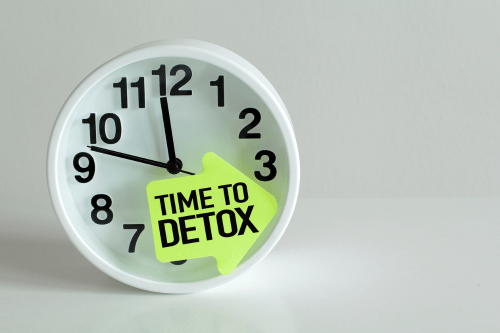How to Detox from THC: A Comprehensive Guide to Safely Cleansing Your System
The detoxification process from tetrahydrocannabinol (THC), the psychoactive ingredient in marijuana, has become an essential topic for individuals across various walks of life. Whether you’re looking to pass a drug test for employment, want to break free from marijuana addiction, or simply aim to cleanse your system, understanding how to detox from THC is crucial.
With the rising legalization of cannabis, many people assume that detoxing is unnecessary or simple. However, THC binds to fat cells in the body, which means it can remain in your system long after its effects wear off. The process of detoxification can be particularly challenging for adolescents who are frequent marijuana users, as it may lead to withdrawal symptoms that can be both physical and psychological.
This comprehensive guide will walk you through the ins and outs of THC detox, including effective methods, understanding withdrawal symptoms, and how mental health plays a crucial role in the detox process.
Understanding THC and Its Effects on the Body
THC is the main psychoactive compound in cannabis, responsible for the “high” that users experience. When THC enters the body, it binds to the cannabinoid receptors in the brain, influencing memory, pleasure, movements, thinking, concentration, and coordination.
Over time, with continued use, THC accumulates in the body, particularly in fat cells. Unlike alcohol or other substances, THC does not dissolve or metabolize quickly. This is why THC can be detected in drug tests long after the initial use, sometimes even weeks later.
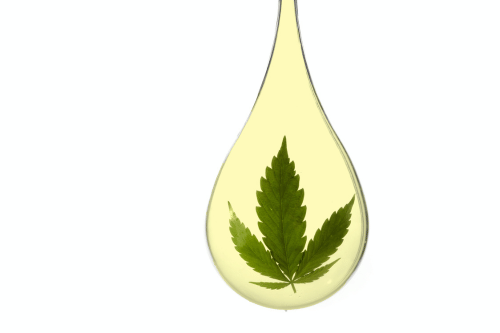
How THC Is Stored in the Body
One of the reasons THC detox can be a lengthy process is due to how the body processes and stores THC. The compound is fat-soluble, meaning it binds to lipids or fat cells in the body. This is why individuals with higher body fat percentages may take longer to detox from THC than those with lower body fat. The body releases THC into the bloodstream as fat is burned, which is why physical activity can sometimes speed up the detox process.
How Long Does THC Stay in the System?
The duration that THC stays in your system depends on several factors, including the frequency of marijuana use, your metabolism, and your body fat percentage. For instance:
Occasional users
THC may stay in the system for a few days.
Frequent users
THC can be detected for up to 30 days.
Heavy or chronic users
THC can remain in the body for several months.
Understanding these factors can help you estimate how long it will take to detox from THC. For those who need to pass a drug test or experience marijuana withdrawal symptoms, knowing how long THC remains in the body is essential for choosing the right detox method.
Marijuana Withdrawal Symptoms: What to Expect
Detoxing from THC is not just a physical process; it can also involve psychological symptoms, especially for frequent users. When someone suddenly stops using marijuana after prolonged use, they may experience weed withdrawal symptoms. These symptoms occur because the brain and body have adapted to the presence of THC, and when it’s removed, they need to readjust.

Common Marijuana Withdrawal Symptoms
Irritability and Mood Swings
One of the most common marijuana withdrawal symptoms is irritability. This can manifest as being easily frustrated or having sudden mood swings. These changes occur because THC impacts the brain’s production of dopamine, the chemical responsible for feelings of pleasure and reward.
Insomnia
Difficulty sleeping is another common symptom. THC is known for its relaxing effects, and without it, the body can struggle to fall and stay asleep.
Anxiety and Depression
Without the calming effects of THC, many users experience increased anxiety and depression. This is particularly common in adolescents, as their brains are still developing, and marijuana use can interfere with emotional regulation.
Cravings
Similar to nicotine or alcohol, marijuana can be habit-forming. When you stop using it, the body may crave the substance, especially in familiar settings or stressful situations.
How Long Do Marijuana Withdrawal Symptoms Last?
Marijuana withdrawal symptoms typically begin within the first week after quitting and can last anywhere from one to two weeks. However, the severity and duration of symptoms depend on several factors, including how much and how often the person used marijuana and whether they have any underlying mental health conditions.
For adolescents, withdrawal symptoms may be more intense, as their bodies and brains are still developing. This is why seeking professional help during the detox process can be especially beneficial for young people.
Effective Marijuana Detox Methods
The process of detoxing from THC varies from person to person, and the method you choose should depend on your goals and timeline. Whether you’re trying to pass a drug test or simply want to cleanse your body, there are several effective THC detox methods available.
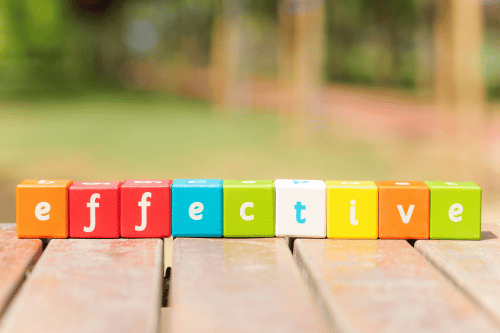
1. Natural Detox Process
The most straightforward way to detox from THC is through the body’s natural processes. The liver, kidneys, and sweat glands play essential roles in eliminating toxins from the body, including THC metabolites. Here are some natural methods that can help speed up the detoxification process:
Hydration
Drinking plenty of water can help flush THC from your system through urine. While hydration alone won’t eliminate THC entirely, it can support your body’s detoxification process.
Exercise
Physical activity, particularly cardio, can help burn fat cells that store THC. As fat cells break down, they release THC into the bloodstream, where it can be metabolized and excreted.
Healthy Diet
A diet rich in fruits, vegetables, and dietary fiber can support your body’s natural detox processes. Fiber, in particular, can bind to fat cells and help flush them from the body through digestion.
2. THC Detox Drinks
THC detox drinks are a popular option for those needing to pass a drug test quickly. These drinks are formulated to flush THC metabolites from the body temporarily, making it harder for drug tests to detect THC. However, it’s important to note that THC detox drinks are not a permanent solution; they only mask the THC in your system for a short time.
3. THC Detox Supplements
For those looking for a more comprehensive solution, THC detox pills can accelerate the body’s natural detoxification process. These pills often contain herbal ingredients that support liver and kidney function, helping to break down and excrete THC. Detox pills like toxin rid detox pills are commonly used by individuals needing to pass a drug test in a short amount of time.
4. THC Detox Kit
THC detox kits combine detox drinks, pills, and supplements for a full-body cleanse. These kits are designed to be used over several days and are ideal for those who want to ensure they eliminate as much THC from their system as possible. The detox process in these kits usually lasts five to ten days, depending on the product.
5. THC Detox Shampoo
For those facing a hair follicle drug test, THC detox shampoo is a specialized product designed to remove THC traces from the hair. Hair tests can detect THC use for up to 90 days, making this method essential for individuals with upcoming drug tests that analyze hair samples.
THC Metabolites and Drug Tests
One of the most common reasons people seek to detox from THC is to pass a drug test. THC metabolites are the byproducts of THC that remain in the body long after the high has worn off. Drug tests, whether urine, blood, or hair, detect these metabolites to determine if a person has used marijuana.
Types of Marijuana Drug Tests
Urine Drug Tests
Urine tests are the most common form of drug testing. They detect THC metabolites in the urine, which can remain in the body for several weeks.
Blood Tests
Blood tests are less common but are used in some situations, such as after accidents or when there is suspicion of recent marijuana use. THC is only detectable in the blood for a few hours to a couple of days.
Saliva Drug Tests
Saliva tests are often used in roadside drug testing and can detect recent marijuana use.
Hair Follicle Tests
Hair follicle tests are the most sensitive, as they can detect THC use for up to 90 days after the last use. This is because THC metabolites are stored in the hair shafts, making them difficult to remove without specialized shampoos or treatments.
THC Detox for Adolescents
Adolescents who use marijuana may find it particularly challenging to detox from THC. Because their brains and bodies are still developing, they may experience more intense withdrawal symptoms and may be more prone to psychological effects such as anxiety, depression, and irritability.
It’s important for parents and caregivers to understand the signs of marijuana withdrawal and to offer support during the detox process. In many cases, seeking professional help from medical and mental health professionals is crucial. Adolescents may also benefit from structured detox programs that provide guidance and support during this challenging time.
Marijuana Addiction and Mental Health
While many people view marijuana as a harmless or even therapeutic substance, it can be addictive for some individuals. Adolescents, in particular, are at risk of developing a dependency on marijuana, as their brains are still forming and are more susceptible to the effects of THC.
Marijuana addiction can have serious consequences on mental health, leading to issues such as anxiety, depression, and mood disorders. For young people struggling with marijuana addiction, detoxing from THC is just the first step in recovery. Addressing the underlying mental health issues that contributed to the addiction is equally important.
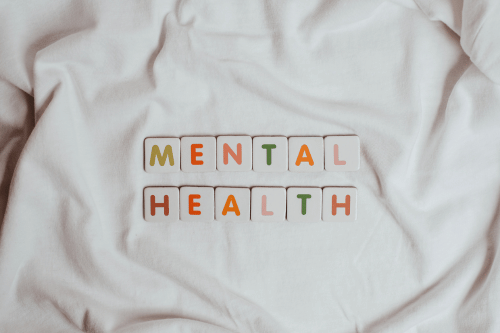
How Adolescent Mental Health Professionals Can Help
At Adolescent Mental Health, we understand that detoxing from THC can be a daunting process, especially for young people. Our team of medical and mental health professionals is here to guide you through every step of the detox process. We offer comprehensive THC detox programs that not only help you cleanse your body but also address the psychological aspects of marijuana withdrawal.
We believe that a successful detox requires more than just physical cleansing—it requires emotional support and mental health care. Our programs are designed to provide adolescents with the tools they need to overcome marijuana addiction and achieve long-term recovery.
Conclusion: Your Journey to Detox from THC
Whether you’re trying to pass a drug test, break free from marijuana addiction, or simply want to cleanse your body, detoxing from THC is a vital step towards better health and well-being. By understanding the different THC detox methods available—from detox drinks and pills to natural detox processes and professional detox programs—you can choose the best approach for your needs.
Remember, the THC detox process is not just about flushing the substance from your body—it’s about taking care of your mental and emotional health as well. At Adolescent Mental Health, we are here to support you on your journey, offering the resources and guidance you need to achieve a successful detox and a healthier future. Contact us today to learn more about our THC detox programs and how we can help you or your loved one on the path to recovery.

FAQ's For How to Detox from THC?
The duration of a THC detox depends on several factors, including the frequency of marijuana use, your metabolism, body fat percentage, and overall health. Occasional users may detox within a few days, while frequent or heavy users may take several weeks to a few months to completely eliminate THC from their system. Methods like detox kits, pills, and drinks may expedite the process, but the timeline will vary for each individual.
THC detox drinks can help temporarily flush THC metabolites from your system, making it harder for drug tests to detect THC. However, their effects are temporary, and they typically work best for urine drug tests. It’s important to follow the instructions carefully and use them in conjunction with other detox methods if you’re preparing for a drug test.
Common marijuana withdrawal symptoms include irritability, mood swings, insomnia, anxiety, depression, and cravings. These symptoms occur as the body and brain adjust to the absence of THC. While the severity of withdrawal symptoms can vary, they typically last for 1-2 weeks. Adolescents may experience more intense psychological effects during the detox process.

